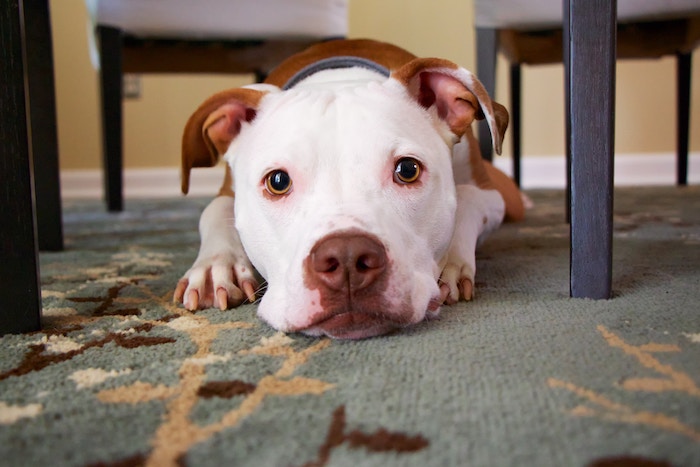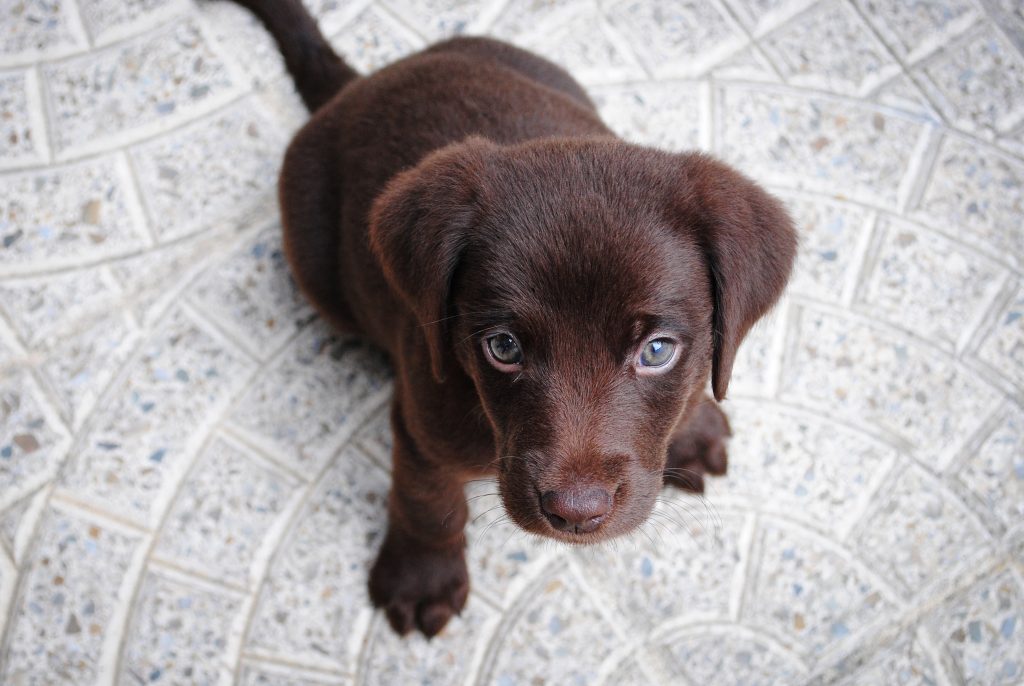We talk a lot about pet-friendly accommodation around these parts – from hotels to B&Bs to camping villages – and the kind of preparation you need to do to ensure a successful stay. But what about when your holiday means being a house guest with friends or family?
If you’re staying with a friend or family member for an extended period of time, or crashing on their couch for a weekend, you’ll want to minimise your foot/paw-print as much as possible. Here’s our six top tips on being a fantastic house guest, who gets invited back!
1. Be Clear on Boundaries:
It’s really important to start things off right, with clear communication. While living with pets 24/7 may be your ‘normal’, there’s a high likelihood your hosts may not be used to sharing their home with four-legged family members. So, make sure you have a clearly communicated invitation and a 100% guarantee that your pet(s) are welcome during the stay. This will save any awkwardness upon arrival.
While you’re at it, get the lay of the land in terms of your host’s boundaries and previous experiences with pets. Just because things are done in a certain way in your house, doesn’t mean it’s a universal truth. So check in as to what the rules are when it comes to having pets inside, where they sleep, whether the host has any pets themselves and anything else that might affect your stay. If there’s anything that you think may adversely affect your pet’s behaviour (i.e sleeping arrangements), then be honest and let them make a final decision.
It will definitely help your cause if you come prepared with a small token of appreciation. While it doesn’t have to be anything fancy, a small present (perhaps gifted from your pet themselves?!) shows your gratitude for their hospitality and that you understand the possible pressures of hosting a house-guest and their pet.
It’s your responsibility as the house guest to stay aware of any cues that may indicate your presence is putting anyone under strain. Do what you can to alleviate any inconveniences. Be prepared to simply go with the flow, and relax your routines and habits that little bit more than you would at home.
2. Marking Territory:
Make sure to find out if they have pets before you arrive, so you can prepare a game plan if your furry-baby is typically a little wary of other animals. Ultimately, their pets will get right of way in their home, so respect this and do whatever you can to make sure the interactions are positive.
It’s important to introduce them slowly to the new environment, as well as their fellow animals. First off, have your pet in a carrier or enclosure to allow them to get used to the smells and sounds of the home, and individual people. Don’t let them meet the other dog until they are fully restrained, and respond quickly if there are any behavioural cues that indicate potential aggression.
3. Manners Matter:
This one is house guest 101 – all about using that common sense and considering how you would want others to treat you and your pets in the same situation. Some things to keep in mind include:
- Practising your commands, particularly recall. Your pet will likely be excited or disoriented in their new environment, so it’s extra important that they respond quickly and effectively to your commands.
- Be aware of any allergies and ensure that your pet only spends time in areas that have been dictated by the host first.
- Clean up any messes immediately and be discreet with litter trays. It’s important to be aware of odours that people who don’t have pets won’t be used to, and minimise these wherever possible.
- Be considerate of any furnishings and don’t let your dog onto any furniture, or inside, without the owner’s approval. While you might not have certain rules in your own home, it’s also quite likely that people who don’t have pets, may not have the necessary cleaning products. So be respectful of these boundaries and if in doubt, bring some cleaning products along for your own use.
4. Come Prepared:
Like any trip away, you want to pack with purpose and to suit any scenario. This is important when you’re a house guest of someone who isn’t likely to have spare supplies laying about. Some top items to consider:
- Buy compact food. While you may usually cook for your pet, be aware of the space and resources you are using and instead pack dehydrated or freeze-dried food, in their brand of choice. Bring a can-opener, water and food bowls with you, as well as treats to positively reinforce good behaviour.
- Remember your pet’s medication and any remedy you use to ease anxiety, be it pheromone collars, diffusers or Thundershirts. A comprehensive first aid kit, any relevant health paperwork and your vet’s phone number never go astray either.
- Take a portable and secure enclosure, like a baby gate, and any necessary carriers, restraints and leashes.
- Bring your pet’s bedding so they are surrounded by a familiar smell. If they are sleeping away from you, consider bringing a piece of your clothing so they can be comforted by your scent and stay calm.
- Stock up on a small supply of cleaning products. Include a mini hand-vacuum, deodoriser, paper towels, doggie bags and litter trash bags.
5. Stay Vigilant:
We know you’re on holidays to relax and recharge. But when you’re staying at someone else’s house, it pays to be the house guest who is alert and aware. When your pet is in a new environment, they are more likely to act out of character due to disorientation. Take the time to properly introduce your pet to the property, allowing them to explore under supervision. Assess the property for any potential dangers, like pest traps, poisonous plants, uneven terrain and sharp objects.
Especially if there are other animals or kids are, you should be proactive in your pet care. Supervise them as much as possible and be quick to act in any situation. Do not let them out unrestrained around children or other pets until you are sure they can safely socialise. Keeping an eye and ear out for behavioural traits, body language and triggers.
6. Sweet Dreams:
Your pet may really become aware of their new environment when it comes to bed-time. This means they can negatively react to the interruption in their typical night routine. And worse, it spells a bad sleep for everyone if you don’t alleviate the issue early. First off, before you arrive, check the sleeping arrangements with your host. If they aren’t able to accommodate you in the same room as your pet, this is a good time to practise solo sleeping before you leave home. Keeping up a solid exercise routine while you’re away will also tire your pet out for a decent sleep. Staying active and healthy will mean your pet is able to manage their anxiety or disorientation far better.
You may be able to compromise with your hosts and have your pet in the same room. If this is the case, compensate by bringing all your own blankets, bedding, towels and cleaning products.



what a great article! thanks 🙂